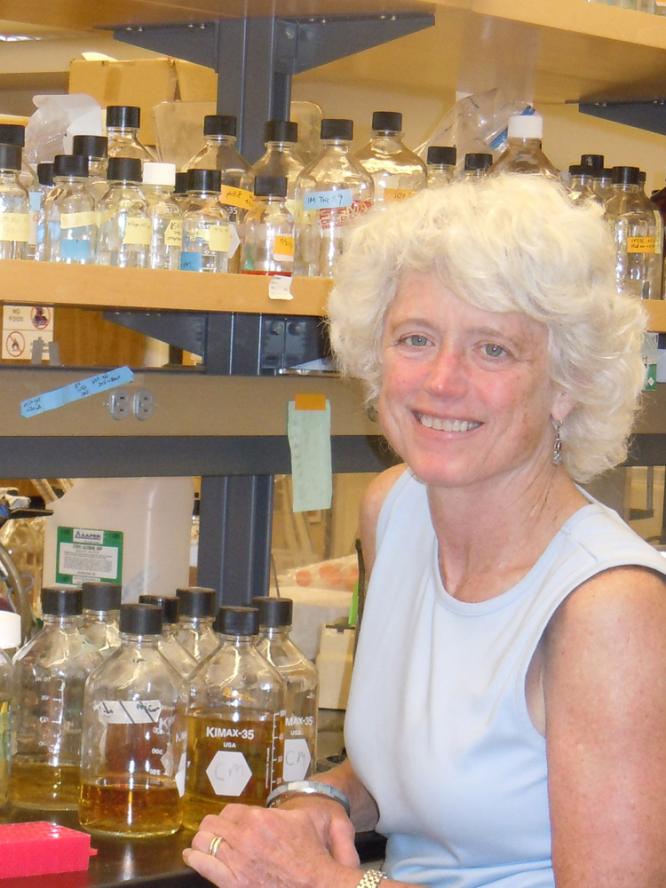IRACDA Leadership
Directors
Mitch McVey serves as the director of the Tufts IRACDA Program; Claire Moore serves as the co-director of the Tufts IRACDA Program.

Mitch McVey
Mitch McVey, PhD, is Professor of Biology in the Tufts School of Arts and Sciences. An active participant in the Tufts IRACDA program since his arrival at Tufts in 2005, Dr. McVey assumed his role as Co-Director in 2010 and Director in 2022. Dr. McVey received his BA degree in Molecular, Cellular, and Developmental Biology from the University of Colorado-Boulder and after completing his PhD at the Massachusetts Institute of Technology, joined the SPIRE Program at the University of North Carolina for postdoctoral training. Through his participation in SPIRE and teaching at Johnson C. Smith University, he gained a first-hand understanding of the goals and mission of IRACDA training and a strong desire to improve postdoctoral training in the biomedical sciences.
Dr. McVey’s research focuses on molecular mechanisms of DNA repair and damage tolerance in metazoans, using Drosophila as a model. Recently, his team has initiated projects investigating how genome instability promotes aging. His research has been supported by a CAREER Award from the NSF, an American Cancer Society Research Scholar Award, the Ellison Medical Foundation, and the NIH. While at Tufts, he has mentored two IRACDA postdocs, 14 graduate students, and over 85 undergraduates.

Claire Moore
Claire Moore, PhD, Natalie V. Zucker Professor of Developmental, Molecular & Chemical Biology at Tufts University School of Medicine, directs the Tufts IRACDA program. Dr. Moore received a BSc and MSc from MIT and a PhD from the University of North Carolina, and then worked with Philip Sharp at MIT for postdoctoral studies. During this period, she participated in the discovery of mRNA splicing, for which Dr. Sharp was awarded the Nobel Prize She joined the faculty at Tufts in 1986.
Her research focuses on the post-transcriptional processing of eukaryotic messenger RNA and its role in the regulation of gene expression, especially when cells differentiate or adapt to sub-optimal growth conditions.
In addition to her research, Dr. Moore has led innovations in education at Tufts designed to promote diversity in biomedical research. She developed the first summer minority training program for young researchers, a program that has helped more than 400 young scientists of diverse backgrounds pursue careers in science and medicine, and helped establish the Post-baccalaureate Research Experiences Program, which provides apprenticeships for recent graduates who are interested in pursuing research careers in the biomedical sciences. In addition to her work with these programs, she has developed two training programs that link biomedical scientists and engineers in novel ways that promote interdisciplinary interaction.

Program Administrator - Jordan Wilkinson
Mr. Wilkinson is a Senior Research Administrator who maintains program records, manages recruiting efforts, co-ordinates applications and interviews for admission to the program, sets meetings between the participating institutions and handles logistical issues related to program activities such as training workshops, the research retreat, the evaluation site visit, outreach efforts, and travel to research conferences and the IRACDA meetings. He also maintains financial accounts and trains the scholars in budget management and federal regulations for proper research grant procurement and travel policy. His outstanding organizational and people skills make Tufts IRACDA run smoothly.